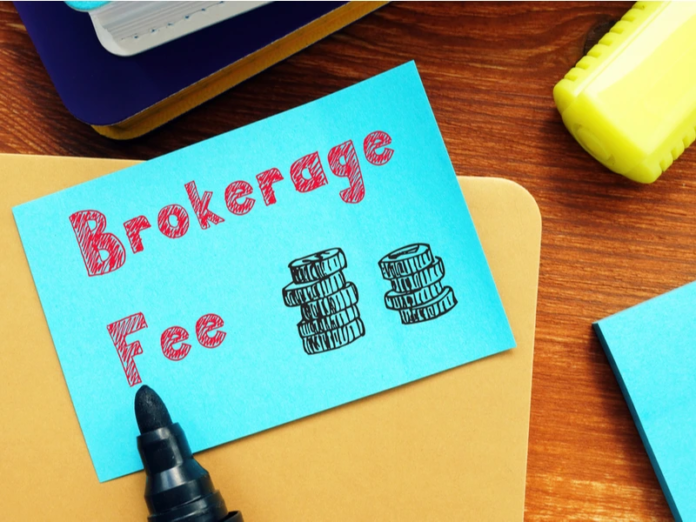Demat and trading accounts provide investors and traders easy access to the Indian stock market and exchanges. There are, however, numerous fees and charges that are associated with them. Understanding the fees stock brokers charge while investing in stocks is essential, as these costs impact the overall returns from your investments, especially if you trade frequently.
For those using an investment platform in India, you’d need to know what DP charges means. Discover everything you need to know about fees and charges associated with stock brokers.
-
Brokerage Charges
Stock brokers charge brokerage fees to execute orders on your behalf. A brokerage fee is a cost or commission that a broker collects from clients in order to complete transactions or offer specialized services. This fee varies for different types of transactions.
In equity trading, for example, intraday orders generally cost Rs 20 per executed order. Futures and options trading also attract a fee of Rs 20 per executed order. However, for equity delivery trades (buying shares to hold them longer term), there is no brokerage charge, which is a boon for long-term investors.
In addition to the standard fees, brokers offering Margin Trading Facility (MTF) charge 0.0493% per day on MTF and non-MTF debits. It is important to know this as these rates can pile up if you trade frequently.
-
Additional Charges
Stockbrokers may also charge several other fees, which can impact the overall cost of your investment:
- Annual Maintenance Charge (AMC): This is an annual fee that you have to pay to maintain your demat account. Brokers usually charge Rs 20 + GST monthly from the second year onwards.
- Pledge/Unpledge Charges: If you wish to pledge shares to take loans or other trading facilities, a fee of Rs 20 + GST per script is usually charged.
- Auto Square-Off Fees: Brokers square off the order if you do not close your intraday position by market closing. In such cases, you are generally charged Rs 20 + GST per squared-off order.
- Payment Gateway Charges: Brokers mostly charge Rs 7 per transaction, including GST, if you fund your trading account through any payment gateway.
-
GST and Other Charges
Most brokerage-related services have Goods and Services Tax (GST) applied to them at a rate of 18%. This tax applies to brokerage and transaction charges, which make the overall cost per trade slightly higher than just the brokerage.
Any outstanding MTF or non-MTF debits attract interest charges of 0.0493% per day, piling on top of the figure over time if not keenly taken care of.
-
DP Charges Explained
DP charges means the costs that a Depository Participant (DP) charges for services pertaining to your Demat account. These are applicable for having a depository account where your securities are held. When you sell shares, you will generally be charged a DP transaction charge of Rs 15+GST per script. These charges are related to the depository services and not related to the brokerage. Also, when you transfer your shares to another stock broker (off-market transactions), the fee brokers usually charge is Rs 25 or 0.03% of the transfer, whichever is higher.
Conclusion
While most investors look only at brokerage charges, DP charges, AMC, auto square-off fees, and GST become important and can make or break the profitability of your trades. For an investor on any investment platform in India, understanding what DP charges means and all the related costs will be very important in maximizing your returns. Knowing such fees will help you plan your investments and avoid unforeseen deductions in your trading account.
